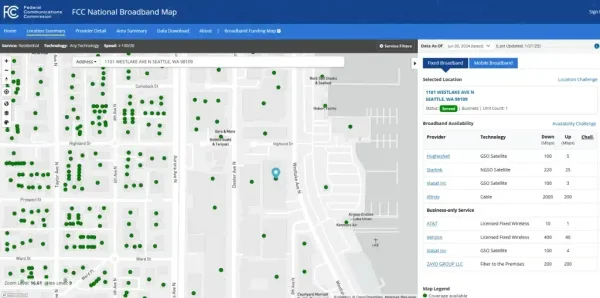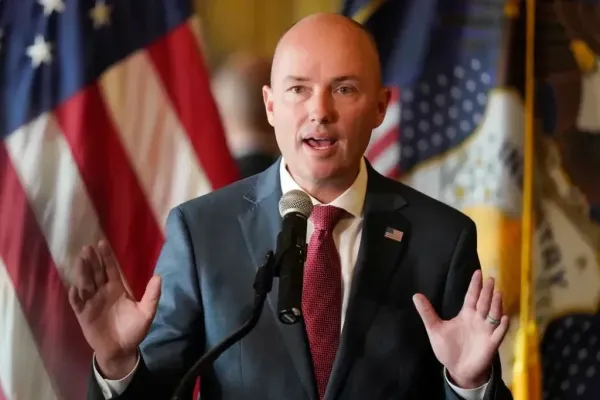FCC Defends Bus Wi-Fi Before 5th Circuit
The court weighed whether a school bus can be considered a classroom under the E-Rate program’s guidelines.

The court weighed whether a school bus can be considered a classroom under the E-Rate program’s guidelines.

WASHINGTON, Nov. 4, 2024 – A Federal Communications Commission attorney defended the agency's 2023 decision to fund Wi-Fi on school buses before a federal appeals court Monday, arguing the FCC’s actions were supported by federal law established decades ago.
“The petitioners’ argument that this decision ‘blows the doors open’ to internet funding everywhere misrepresents the Order,” FCC attorney Rachel May argued. “The Order specifically limits funding to bus Wi-Fi, and only bus Wi-Fi — any other off-campus service, would still need to meet the classroom test independently.”
The case, Molak v. FCC, brought by Texas residents Maureen and Matthew Molak, challenged whether federal money contained in the FCC’s E-Rate program, meant to support educational access within school buildings, can legally extend to buses.

The city will continue managing customer service and billing until Charter assumes full control

States, ISPs still struggling to challenge its accuracy

The App Store Accountability Act requires app stores to verify users’ ages and obtain parental consent for minors

The deadline for submissions is May 9.